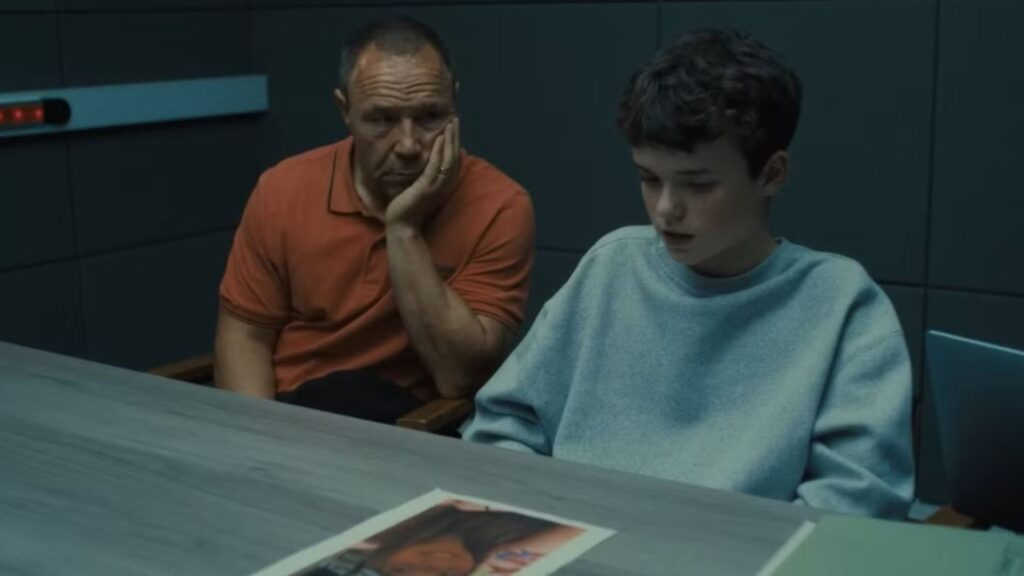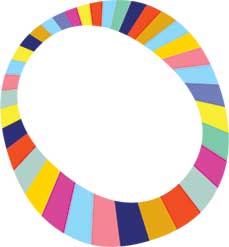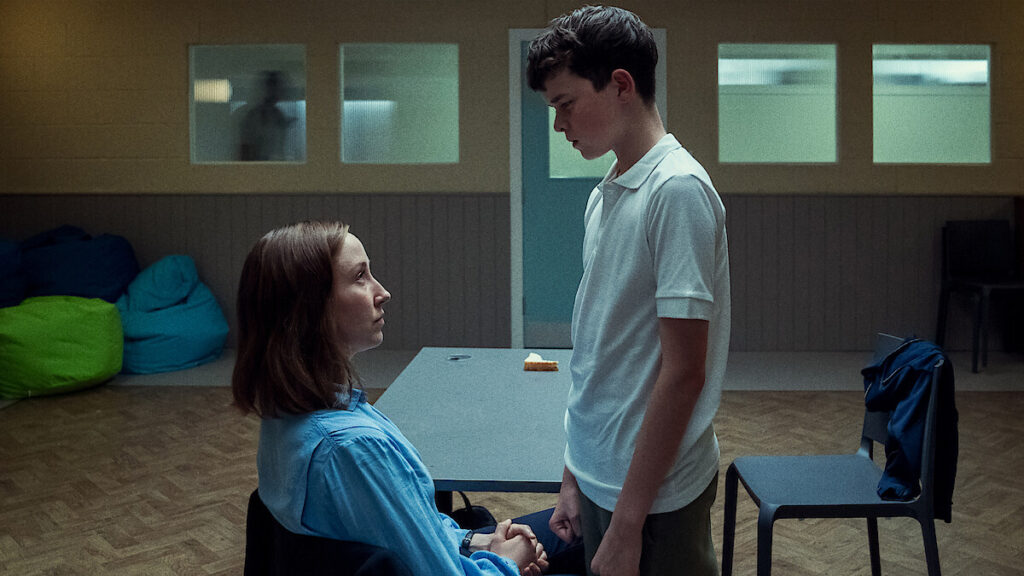Netflix’s new miniseries Adolescence has struck a nerve – and for good reason. The show explores the fallout of a devastating crime committed by 13-year-old Jamie, who struggles with mental health, emotional regulation and harmful masculine norms.
Adolescence: A Fictional Show Highlighting Real Issues
A still photo from Netflix’s Adolescence
While Adolescence is fictional, the issues it explores are very real: it addresses isolation, online radicalization and rigid, outdated gender norms that harm young men. Even more disturbing to parents is the show’s portrayal of how much a child’s inner world can remain invisible to the adults around them.
Adolescence has created urgency for parents, educators and anyone working with youth to discuss important questions:
- How do I talk to my child about emotions, relationships and masculinity? How can I get my son to hear me or his educators over the constant churn of the online world?
- How can I intervene if I think a young person I care about is becoming radicalized?
- In the age of social media algorithms and ever-increasing screen time, what skills do young people need to make it through adolescence and be successful in young adulthood?
We are seeing alarming trends in media and cultural messages around what it means to be a man. These messages hinder young men’s abilities to work through negative emotions, cope with romantic rejection and develop healthy relationships.
Strengthening Media Literacy and Relationship Skills in Young Men
At the Centre for Sexuality, we have been working to change the conversation for over 50 years when it comes to gender norms and how they relate to health and well-being. One of our programs at the heart of this work is WiseGuyz, a program for boys and young men to explore and discuss what it means to be a guy today.

A still photo from Netflix’s Adolescence
Times have certainly changed since WiseGuyz began in 2010, but the principles of the program remain the same: give young men the chance to build authentic social connections, talk about their emotions, seek out help when they need it, challenge gender stereotypes and learn crucial relationship skills. In other words, participants get to build the skills that Jamie, the main character in Adolescence, is missing.
Program participants also improve their media literacy, learning to identify misinformation and understand how online content can shape expectations around relationships and masculinity.
“You feel really safe with everybody … If you share something, you know it’s not going to come up later because people realize this is serious time right now, this is our buddy going through some stuff that needs some help.”
-WiseGuyz Participant
Expanding and Measuring the Impact of WiseGuyz
The WiseGuyz program began in schools, but we have since expanded to community-based settings. The Centre for Sexuality can offer WiseGuyz in a variety of community settings for young men who don’t have access to the program in school.
Some of our most transformative work has been through our WiseGuyz scaling program, adapting WiseGuyz to different demographics including youth in the justice system. We are currently working with 11 sites nationwide and working to add more.
Adapting the program has emphasized its versatility and reach for young men from all walks of life. WiseGuyz meets young men where they are, providing support in environments where they can apply what they learn in a concrete way. And research shows that it works. Studies of over 800 participants show:
- improvements in sexual health knowledge
- increase in help-seeking behaviours
- better friendship quality
- reduced homophobia
- healthier and more expansive attitudes around gender
Participants also report greater comfort making social connections and an improved ability to cope with negative emotions, skills which are starkly absent for the men and boys in Adolescence.
When asked if he talks about his emotions with his friends, a young boy in Adolescence scoffs. But in an environment where boys are spending so much free time alone behind a screen, social connection can be a lifeline. A former WiseGuyz participant says one of the benefits of the program was “taking the time out of your day to actually speak about something serious that we all have on our minds but we don’t always speak about it.”
What Adolescence Misses
Outdated, rigid or harmful norms around masculinity have devastating consequences for women and girls. Yet Adolescence leaves out an important person in the story: Katie, Jamie’s murdered classmate. We do not see how her family copes with her death, nor do we learn much about this girl who has lost her life because of gender-based violence. While the conversation around how to help our young men is important, we cannot ignore the impact of these issues on girls and young women.
We offer a Girls Program in select schools for grades 4–6, as well as Raising Girls workshops in the community for parents and daughters to attend together. Program participants learn about mental health, puberty, friendships, relationships, self-esteem, body image, media literacy and more.
What Next?
After watching a show like Adolescence that raises more questions than it answers, it can be hard to know where to begin. Regardless of your child’s age or what issues they may be grappling with, there are things every parent can do:
- Proactively start conversations about gender norms, relationships (including friendships), media literacy and online safety. Do not wait until there is a problem.
- Let your child know that they can come to you with any question or problem. Reinforcing your commitment to being a loving, trustworthy presence will not go unnoticed, even if your teenager doesn’t take you up on your offer.
- Check in often, giving your child frequent chances to share how they are doing.
- Talk to your child about what media they are consuming. It’s an opportunity to understand what messages they are getting about topics that concern them.
If you are a parent, educator or professional looking to help the young people in your life build skills for health and well-being, we’re here to help.
Learn more about our youth programming, including WiseGuyz in schools, WiseGuyz in community settings, our Girls Program or our Raising Girls workshops. Or if you are part of an organization that works with young men and want to bring WiseGuyz to your community, reach out to our WiseGuyz Scaling Program Manager.


